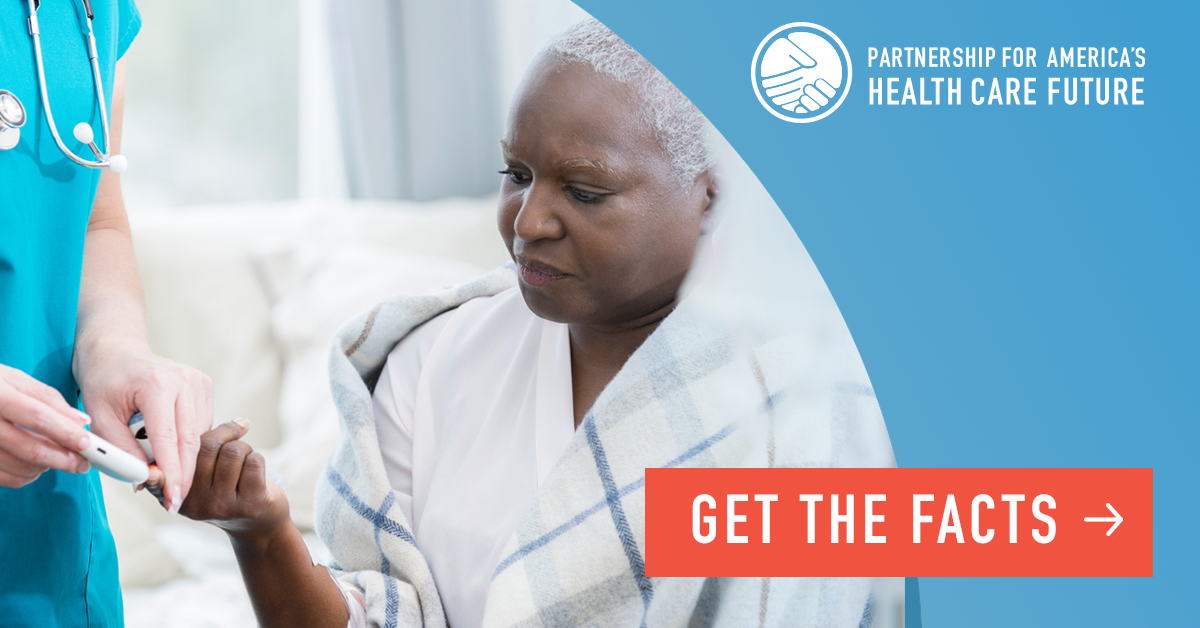Cedar Rapids Gazette: ‘52 Rural Iowa Hospitals At Risk Of Closing Under Public Option, Analysis Shows’

WASHINGTON – As some 2020 presidential hopefuls continue to push for a new government insurance system known as the public option, voters in the early Democratic caucus state of Iowa are learning about the damage it could inflict on their state’s vulnerable rural hospitals. In a story headlined “52 Rural Iowa Hospitals At Risk Of Closing Under Public Option, Analysis Shows,” The Gazette (Cedar Rapids) reports:
Iowa’s rural hospitals could experience a loss of more than $476 million dollars under a public health insurance proposal, puttingdozens at high risk for closure, according to an analysis. Iowa’s rural health care facilities long have faced challenges due to Medicare reimbursement rates. But the analysis said those hospitals could be confronted with an even bigger detriment if a public option is implemented using Medicare reimbursement rates … Chicago-based data company Navigant released an analysis this past month that studies the impact of a public option, a proposal to create a government-run insurance plan to compete with private insurance companies. It’s also a pitch that’s become common — in various iterations — among Democratic candidates running for president … If a public option plan would go into effect, the study found that between 25 and 52 of Iowa’s 90 rural hospitals would be at high financial risk for closure due to a loss of millions in revenue.
The study, conducted by Navigant Consulting, Inc. for the Partnership for America’s Health Care Future, finds that the public option could put more than 1,000 rural U.S. hospitals in 46 states “at high risk of closure.” These hospitals serve more than 60 million Americans, and as Kaiser Health News and NPR report, hospital closures can have “profound social, emotional and medical consequences.” Notably, a separate study released by Navigant in March found that the public option could cause increased financial stress, force hospitals to limit the care they provide, drive significant “layoffs” and “potentially force the closure of essential hospitals.”
In Nevada, another early 2020 Democratic caucus state, a column in the Las Vegas Review-Journal notes that “hospitals lose money on Medicare patients … according to a nationwide study from the nonprofit Rand Corporation. But if more people were on Medicare, those losses could be unsustainable. An industry group estimates that more than 50 percent of rural hospitals would face a high risk of closure if a public option were in place.”
And Virginia Public Radio reported recently that “[a]s many as 10 rural hospitals in Virginia could close if the federal government starts offering a public option health plan – the kind of public option that’s now being talked about on the campaign trail by former Vice President Joe Biden and others. That’s the conclusion of the Partnership for America’s Health Future. Lauren Crawford Shaver is the executive director of the partnership, and she says the lower reimbursement rates from the government plan would put a squeeze on rural hospitals. ‘Those communities are already typically underserved and do not have access to all of the newest and most advanced medical treatment or physicians and specialists,’ Crawford Shaver says. ‘They are going to have to even travel further to get the care that they need and will have fewer options in getting that.’”
The first edition of Voter Vitals – a new quarterly tracking poll conducted nationwide and in 2020 battleground states – finds that “[h]ealth care will be the defining issue of the 2020 presidential election. However, a clear majority of voters nationwide are primed to reject new government-run systems that will cost voters more to expand coverage like Medicare for All, the public option, and Medicare buy-in. Most voters want candidates to lower costs, build on what’s working and fix what’s broken – not start over.” This tracks closely with recent polling conducted by the Kaiser Family Foundation, which finds that the majority of Americans, including Democrats and Democratic-leaning independents, want our elected officials to build and improve upon on our current system.
###